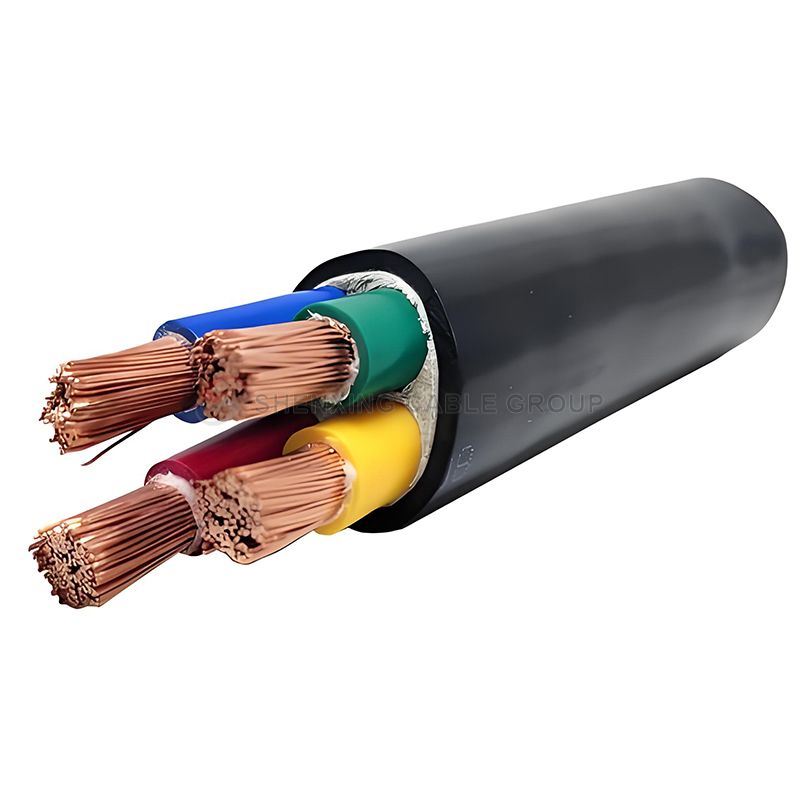What Makes Low Voltage Power Cable Essential for Modern Electrical Systems?
In today's world, where electrical infrastructure plays a pivotal role in powering industries, homes, and businesses, the importance of choosing the right type of power cable cannot be overstated. But why are Low Voltage Power Cables so critical, and how do they ensure efficient energy transmission?
What Are Low Voltage Power Cables?
Low voltage power cables are designed to transmit electricity at voltages typically below 1,000 volts. These cables are essential for a wide range of applications, including residential wiring, industrial systems, and renewable energy installations. Their robust design ensures safety, reliability, and minimal energy loss during operation.
Why Choose Copper Core XLPE Insulated Cables?
When it comes to durability and performance, cables like the Copper core cross-linked polyethylene insulated power cable stand out. These cables offer excellent thermal resistance, enhanced electrical conductivity, and protection against mechanical stress, making them ideal for demanding environments.

The Benefits of Low Voltage Power Cables
Energy Efficiency: Their design minimizes energy loss, ensuring optimal power delivery.
Durability: Resistant to heat, moisture, and mechanical damage.
Safety: Insulated to reduce the risk of electrical shocks and short circuits.
Versatility: Suitable for a wide range of low-voltage applications.
Conclusion
Low voltage power cables are indispensable for building reliable and efficient electrical systems. By investing in high-quality options like copper core XLPE insulated cables, you can ensure long-lasting performance and safety. Explore our range of Low Voltage Power Cables to find the perfect fit for your needs.
- 0



